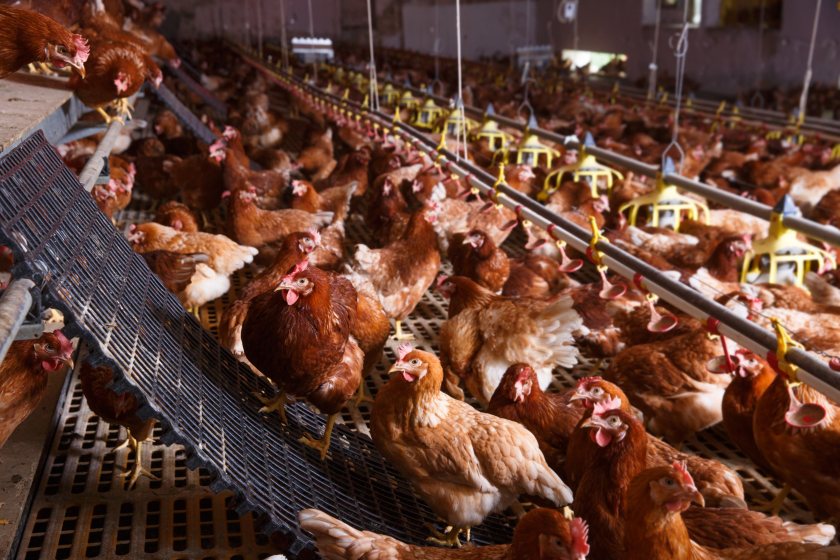
Intensive livestock farming methods could increase the risk of new pandemics, British researchers have warned.
The study, led by the University of Exeter, examined the effect of social and economic factors – often overlooked in traditional assessments.
It found that the effects of intensifying agriculture 'are at best uncertain and at worst may contribute to EID (emerging infectious disease) risk'.
Researchers highlighted the expansion of intensive farming and the resulting environmental degradation as factors which could raise EID risks.
It also said intensification led to a 'mixed landscape' – with a variety of farming practices and types – which created the 'worst of all possible worlds in terms of EID risk'.
Lead author Professor Steve Hinchliffe, from the university, said the Covid-19 pandemic had reignited interest in EIDs, especially zoonotic viruses.
“The risks of emergence and transmission depend on multiple factors, including contact between humans and animals, and how we use land," he explained.
“Livestock farming plays a potentially significant role in those risks, shaping landscapes and providing hosts that can act as the source or amplifiers of emerging pathogens.”
While such risks are usually assessed in terms of microbiological, ecological and veterinary sciences, the new study highlighted the need to consider social, economic and political factors.
Prof Hinchliffe said: “The founding myth in intensive farming is that we separate livestock from wildlife and thereby shut off the risk of diseases passing between them.
“But these farms exist in the real world – so buildings and fences can get damaged, wildlife like rats or wild birds can get in, and workers move around. In short, there will always be accidents.
“Once social, economic and political factors are taken into account, the pandemic risk posed by intensive farming is concerning.”
On biosecurity, the research said some farm businesses found the costs 'debilitating', while regional variations also had an impact.
For example, European farm buildings can be old and costly to maintain, while large US farms tend to be open-air concrete structures with netting to avoid the need for air conditioning.
In subtropical areas, biosecurity is often balanced against the need to reduce overheating of animals.
“The result is a far from bio-contained environment,” the study's researchers concluded.
